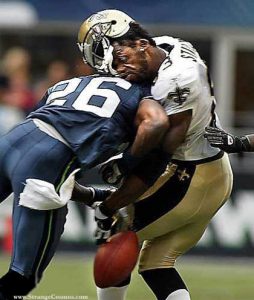
One of the biggest issues affecting the sports world today is concussions. Whether it be in professional sports or youth leagues, concussions have become an important concern for all involved in sporting events. In the past, concussions were treated as a ‘sissy’ injury; a coach would mutter the cliche ‘walk it off’ and tell the player to get back in the game and that was all the medical attention a player received. Now that medical knowledge has increased, concussions are now getting the full medical attention they require.
A traumatic brain injury (TBI) is a blow or jolt to the head and a concussion is a type of TBI that is referred to as a closed head injury. At Walpole High School students who participate in contact sports (basketball, cheerleading, football, gymnastics, ice hockey, lacrosse, wrestling, and, starting next year, field hockey) are required to take the ImPact baseline exam. The baseline exam evaluates a player while healthy and “makes the management of concussions easier by making the evaluation and management more of an objective process,” according to Walpole High’s athletic trainer Mike Belanger.
“Prior to using the ImPact exam,” says Belanger, “it was a very subjective assessment. The ImPact exam allows me to assess the cognitive function of an athlete based on their standards that they set when they were healthy.”
Within 24-48 hours after sustaining a concussion, the athlete must take an ImPact test in order to supply information about the student’s cognitive ability while injured. Belanger takes the information from this test and compares it to the student’s baseline test results in order to see how much of the player’s cognitive abilities have been affected by the concussion. Following a concussion the most important thing to do is to rest. Belanger says that, “a concussion is an injury to the brain, so it is important to allow for the brain to heal by reducing stimulation.” Belanger says to stay away from long bouts of concentration and to reduce exposure to electronic media, bright lights, and loud noise.
Often after a concussion what is most affected in the student’s mind is their speed of processing information. Other issues plaguing concussion victims include headaches, dizziness, and nausea. Junior Caitlin Swindlehurst, who has suffered three concussions in the past two years because of soccer and basketball, said that after her concussions she was dizzy, nauseous, incredily tired, and had bad headaches.
“The dizziness and nausea lasted about 24 hours,” Swindlehurst says, “the tiredness [lasted] about 2-3 days, and the headaches [lasted] about 10-14 days.”
Swindlehurst said that she had trouble concentrating on school work after her concussions and that normal school work took her twice as long to complete. Other than taking the ImPact test, all Swindlehurst did was take “Tylenol and sleep.”
Along with the issues affecting the student, the time the player has to miss can also hurt the team as well. Swindlehurst has had to miss a lot of time for basketball and soccer – something that has affected both teams. Since there is no set time frame for recovery, no one can predict when an athlete can return. Only when a student is free of any symptoms, then the athlete is administered the ImPact test again, and, with a physician’s note, can gradually begin to return to the sport. If a player suffers a second concussion, the same procedure is followed except that the return to play criteria becomes stricter after subsequent concussions.
While the symptoms of a concussion may be gone, the anxiety of experiencing another concussion is still present. Senior Kyle Guilbert suffered two concussion during the winter and spring of his junior year. These concussions have had an impact on Guilbert, who has committed to play college lacrosse at Division 2 Merrimack College.
“I would always be a little cautious when I knew I could get hit,” Guilbert says, “I kept thinking how I didn’t want to get another concussion.”
Not only has Guilbert been affected, but so has his family. Guilbert decided to play hockey his senior year – much to the dismay of his parents who were worried about his health.
“My parents were really against me playing hockey because they didn’t want me to get another concussion which could jeopordize my other sports,” said Guilbert.
Every game Guilbert says his parents — especially his mother — look on and hope that he does not get hurt.
“A couple times this year I’ve gotten hit pretty hard,” explains Guilbert, “but I haven’t been seriously injured. With each hit my coinfidence has grown so I’m becoming less cautious.”
Despite the fact that this technology is being used to deal with concussions, the diagnosis and management of concussions is constantly evoling. In the near future new developments will come about to treat concussions even better than the ImPact test does now.



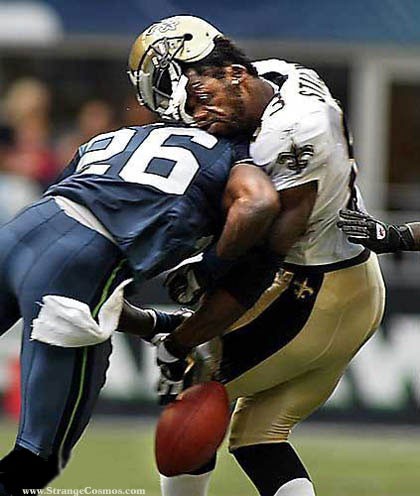

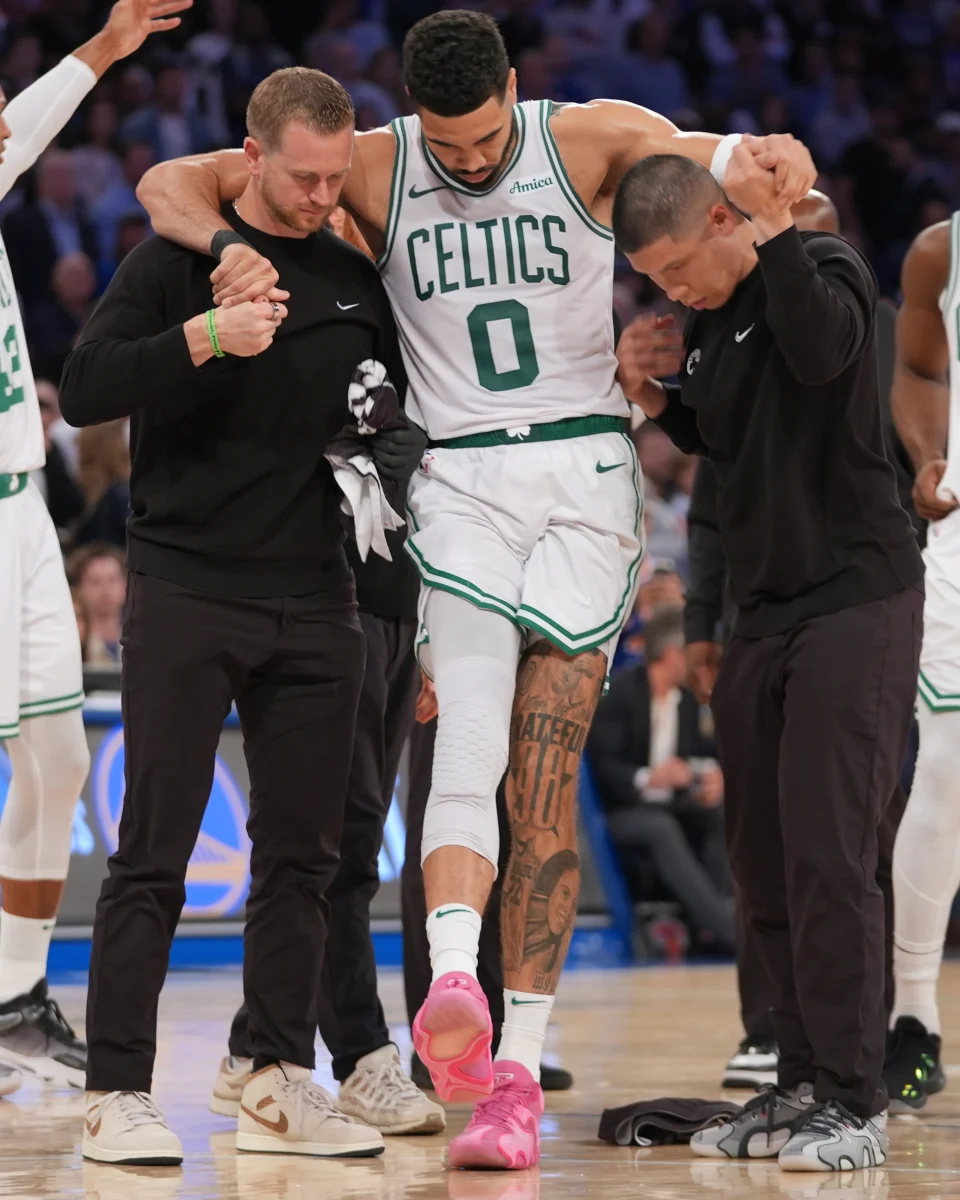
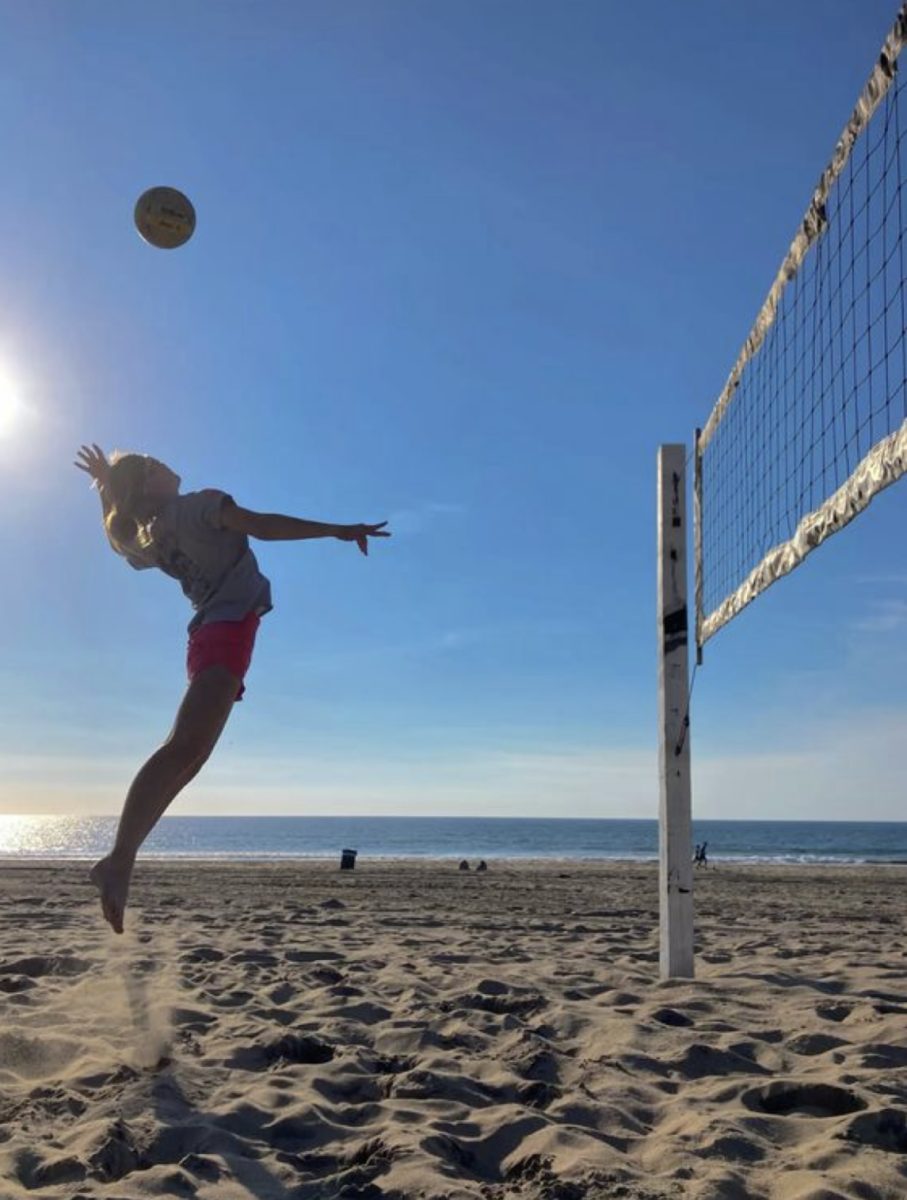
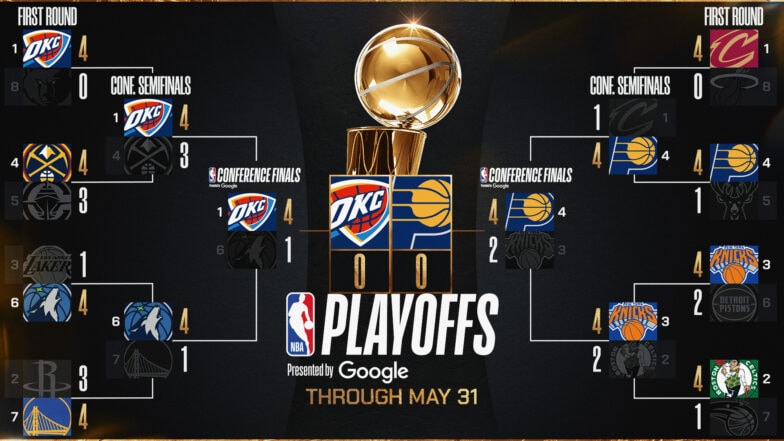
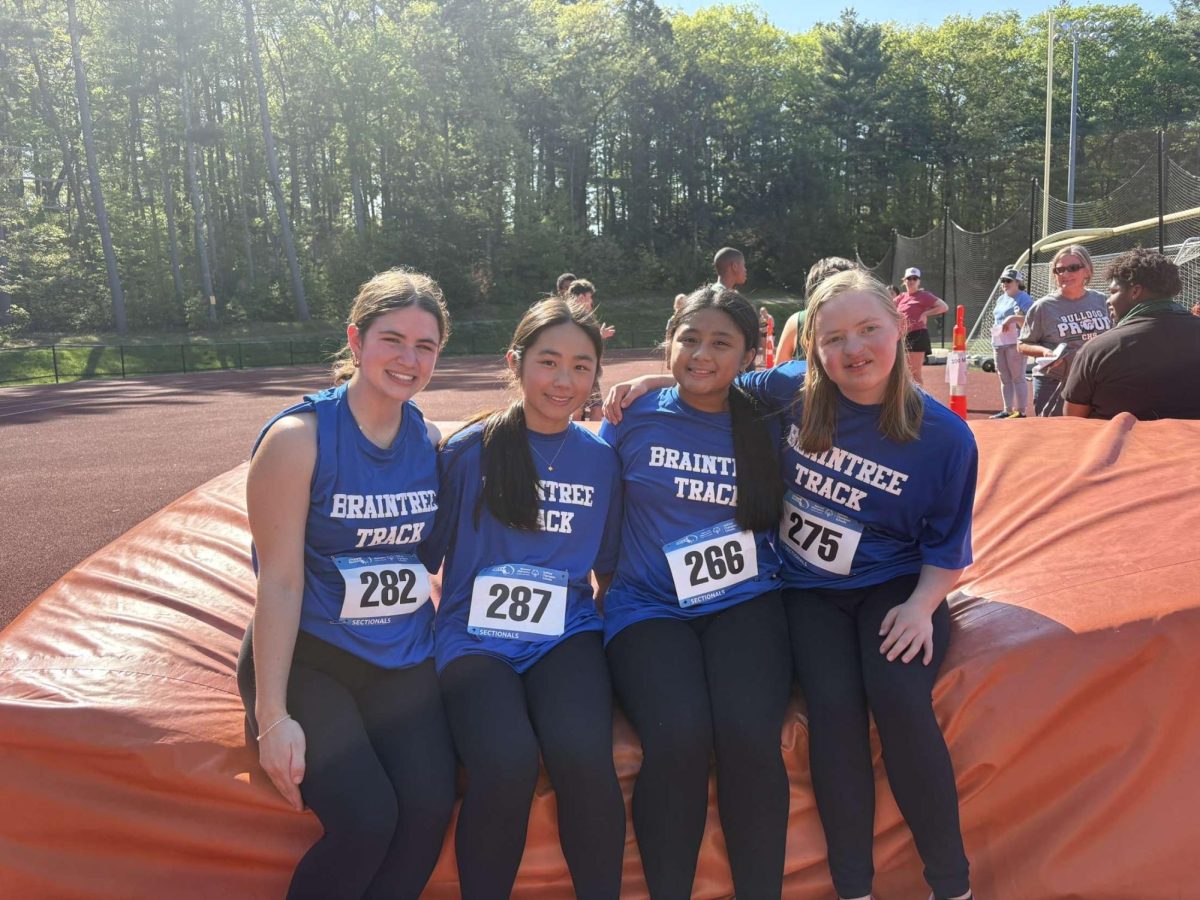

kim keeman • Mar 23, 2011 at 8:08 am
Good Job Rusty!